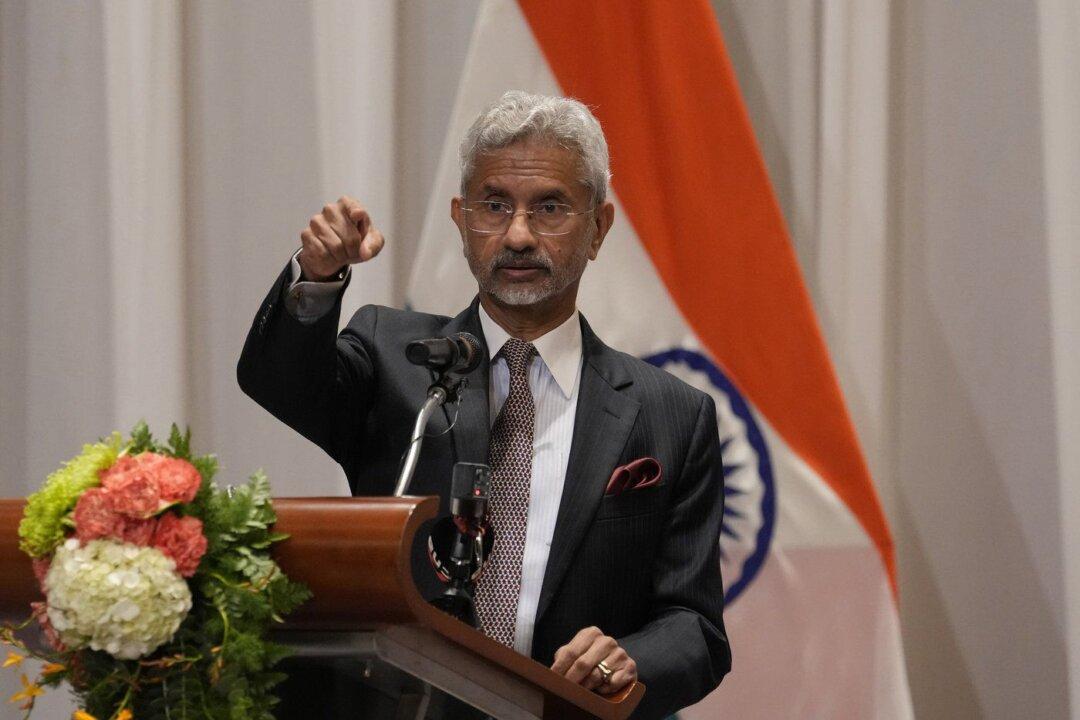India has expressed its support for the Philippines’ national sovereignty and called for “staunch adherence” to rules-based order amid China’s ongoing aggression in the disputed South China Sea.
“We are strongly supportive of ASEAN’s centrality, cohesion, and unity,” India’s Foreign Minister Subrahmanyam Jaishankar said in a joint news conference with his Philippine counterpart Enrique Manalo in Manila on March 26.





